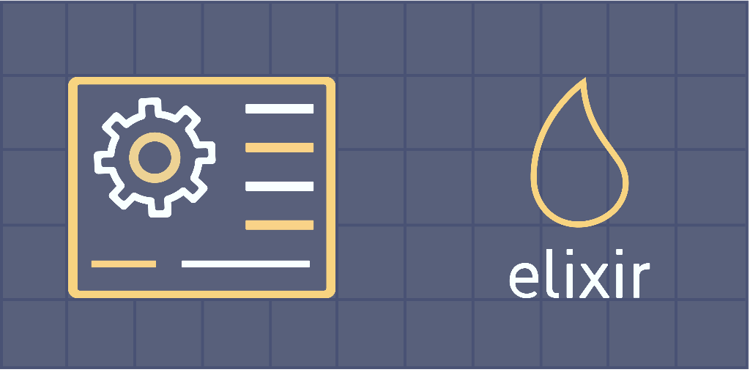This device is not compatible.
PROJECT
Build an E-learning Website Using Elixir
In this project, we’ll build an e-learning course catalog website that will include search functionality. We’ll develop the web application using Elixir plugs, with PostgreSQL as the database. In the end, we’ll have a fully functional e-learning website built on Elixir plugs.
You will learn to:
Understand the fundamentals of Plugs in Elixir
Create and use Ecto migrations
Bind PostgreSQL with the Elixir application
Write Embedded Elixir in HTML
Skills
Database
Web Development
Functional Programming
Prerequisites
Basic understanding of Elixir Plugs
Basic understanding of PostgreSQL
Technologies
Elixir
PostgreSQL
Project Description
In this project, we’ll develop an e-learning course catalog website using Elixir plugs. This website will also include search functionality. Each course will have a title, an image, an author name, a status indicating whether it’s paid or free, a description, and a “Visit Website” button. The website will also allow users to search for the courses that are available in the search bar.
A preview of the final layout of the catalog is given below:
We’ll build this project step-by-step. We’ll initially have to implement the course catalog. For the implementation, we’ll have to fetch the data from the seeds and insert it into the PostgreSQL database and then load it into active records.
Once the layout is ready, we’ll add search functionality to our web application. When a user searches for a course name, our application will search the keyword among all the course names and render the relevant courses.
The sole motivation for using Elixir plugs is that they handle a lot more requests per second compared to Phoenix.
Project Tasks
1
Creating Courses
Task 0: Get Started
Task 1: Create a Course Model
Task 2: Create Migrations
Task 3: Create a Schema and a Changeset
Task 4: Query the Database
2
Creating Views and Routes
Task 5: Create Views
Task 6: Add Routing
Task 7: Try It Out
Task 8: Removing Errors
3
Adding a Search Functionality
Task 9: Add a Search Bar
Task 10: Search Query the Database
Task 11: Adjust Routing
Congratulations!
Subscribe to project updates
Atabek BEKENOV
Senior Software Engineer
Pradip Pariyar
Senior Software Engineer
Renzo Scriber
Senior Software Engineer
Vasiliki Nikolaidi
Senior Software Engineer
Juan Carlos Valerio Arrieta
Senior Software Engineer
Relevant Courses
Use the following content to review prerequisites or explore specific concepts in detail.
